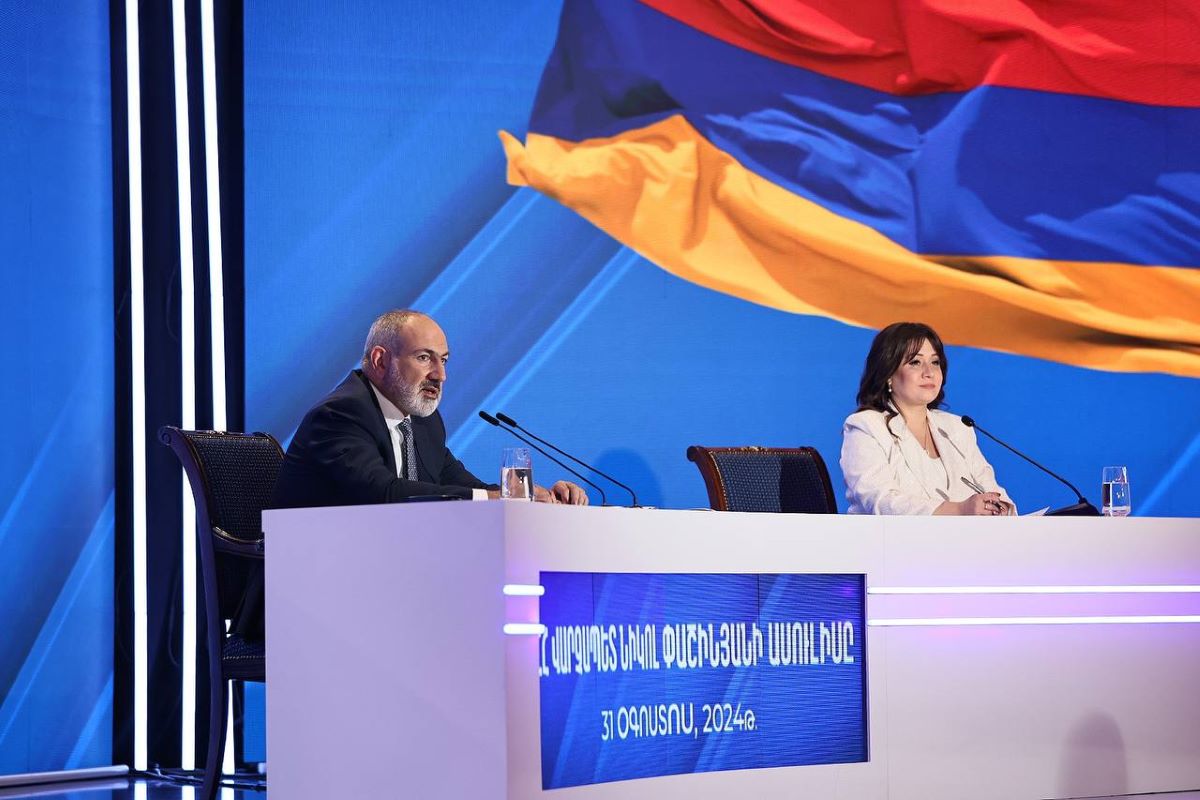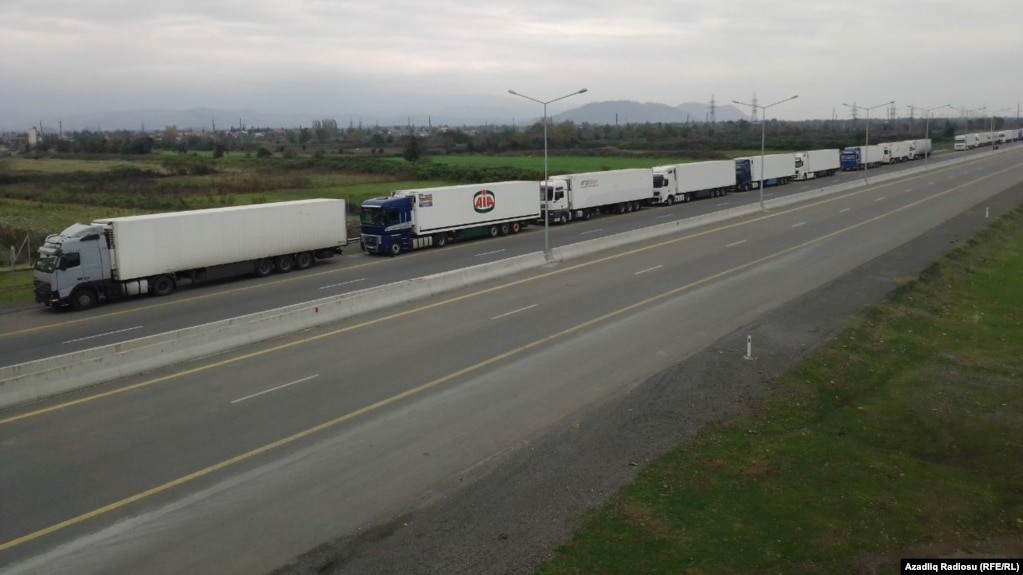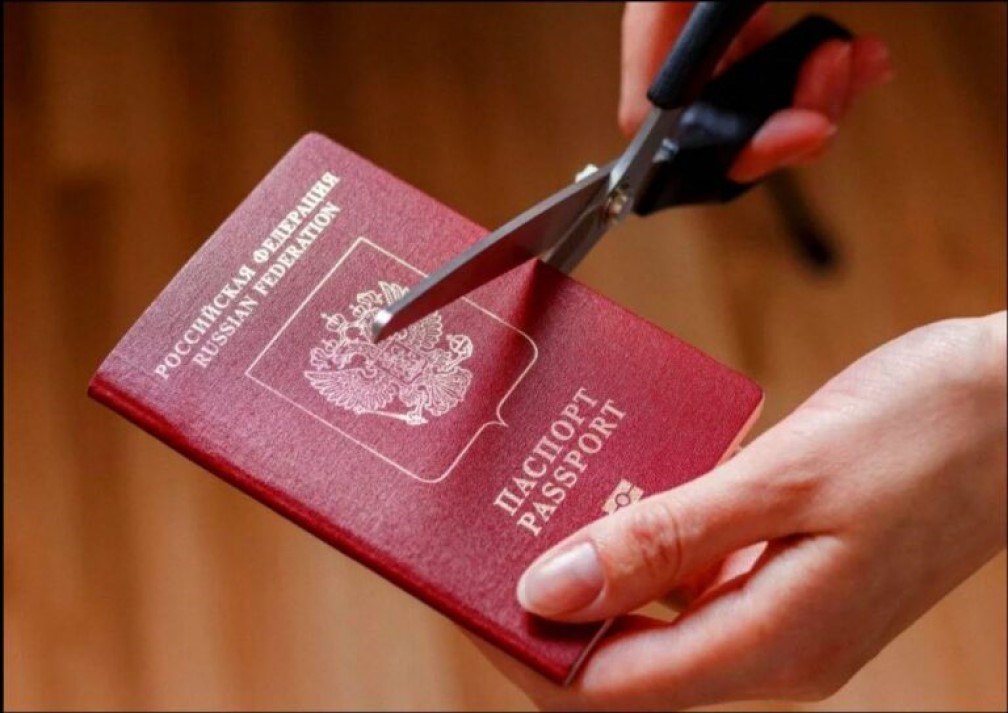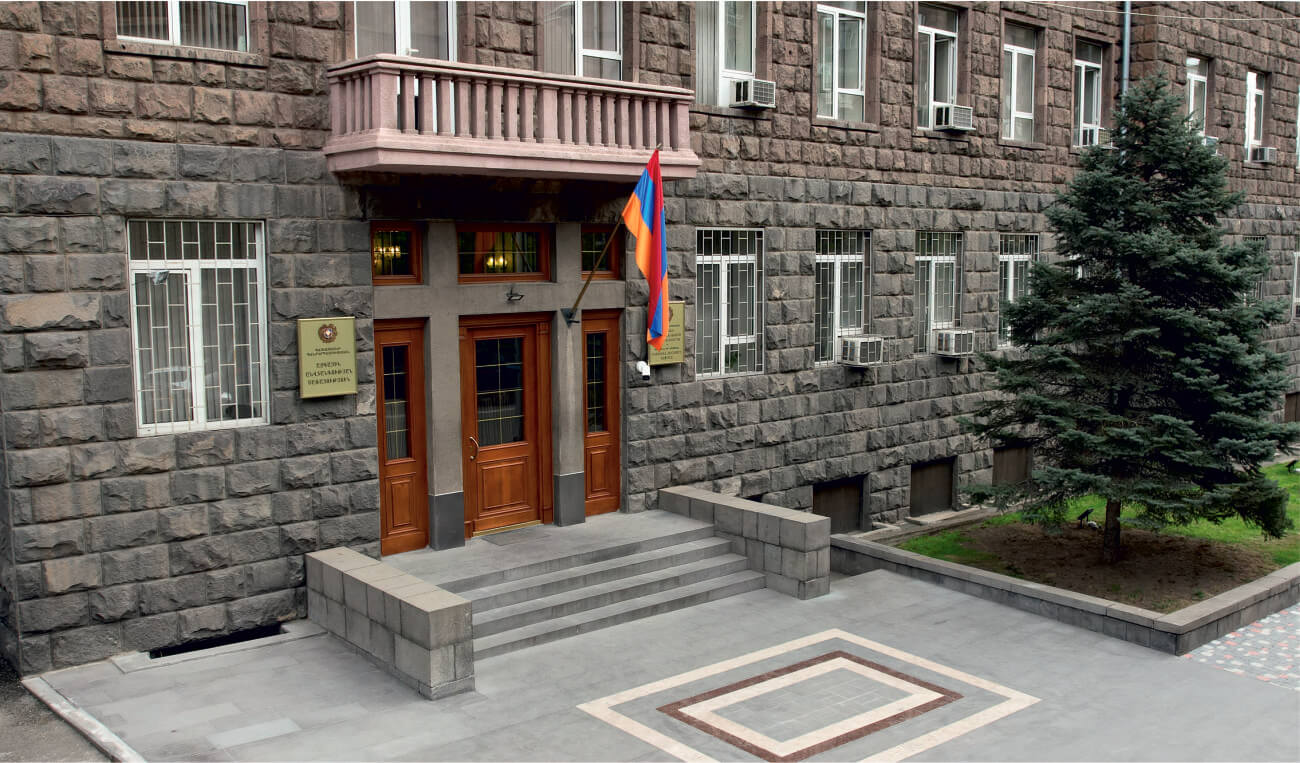Abkhazia to launch its own airline to resume flights
Abkhazia plans to launch its own airline
In order for the airport to be opened in Abkhazia, the creation of a new airline is required, there is no other way around it, President Aslan Bzhania stated.
The opening of air traffic is scheduled from January 1, 2024.
Sukhumi international airport named after Vladislav Ardzinba has been under sanctions since the end of the 1992-93 Georgian-Abkhaz war.
- ‘Marshrutkas’: mini-buses that dominate roads of Abkhazia
- Activists in Abkhazia: “We have completely lost our city”
The International Civil Aviation Organization ICAO does not recognize the Sukhum airport as an international airport, since it supports the territorial integrity of Georgia. ICAO canceled the Sukhum airport code and removed information about it from its documents. Therefore, air traffic can be officially opened only with the permission of the Georgian authorities.
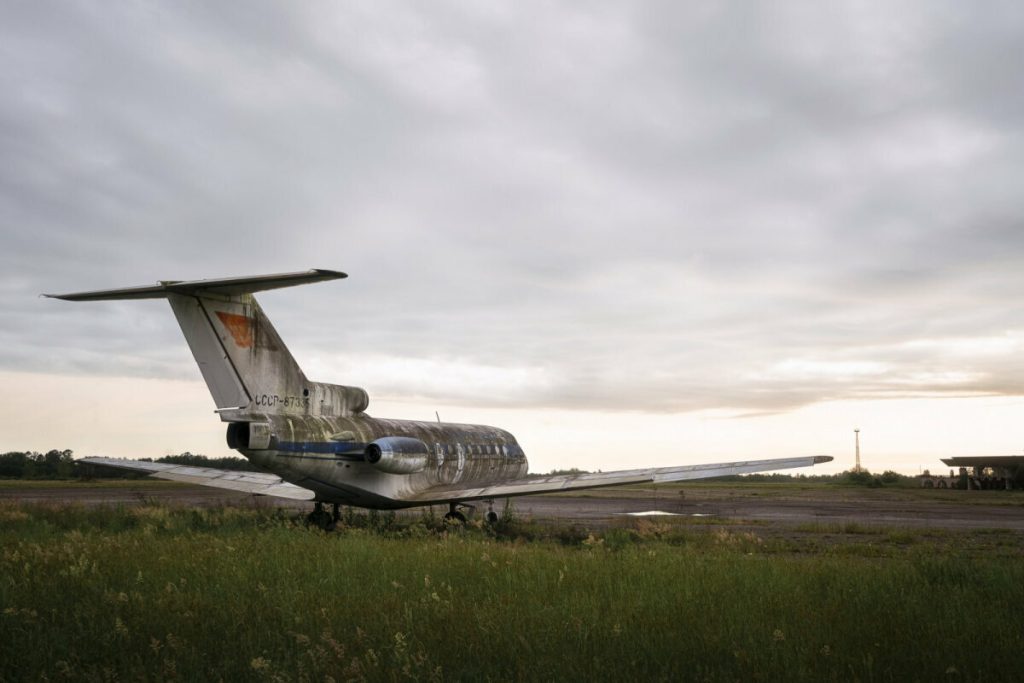
However, Abkhazia has the opportunity to eastablish air communication with Russia and other states that recognize its independence, however, it is also associated with another problem – sanctions for member airlines of the international air union IATA. Due to such restrictions, even if the Sukhumi airport opens, Russian airlines will not be able to carry out air transportation to Abkhazia.
That is why the President of Abkhazia Aslan Bzhania announced the need to create Abkhazia’s own air carrier.
“We will need to create our own airline to develop air routes. The airline project will be very costly. It will hardly be possible to launch it in a year”, the president said.
Previously, there was information that Moscow has already allocated the finances that are needed for the repair of the Sukhumi airport, at the request of the leadership of Abkhazia.
According to the existing plan, passenger flights will be able to fly there by January 2024.
According to Bzhania, due to the existing international sanctions for the Sukhumi airport, codes of Russian airports are likely to be used. However, it is not yet clear how this might look in practice – according to the rules of international air traffic, each operating passenger airport must have its own unique IATA code, which is used by airlines, air ticket agencies, computer reservation systems, etc.
Toponyms, terminology, views and opinions expressed by the author are theirs alone and do not necessarily reflect the views and opinions of JAMnews or any employees thereof. JAMnews reserves the right to delete comments it considers to be offensive, inflammatory, threatening or otherwise unacceptable










